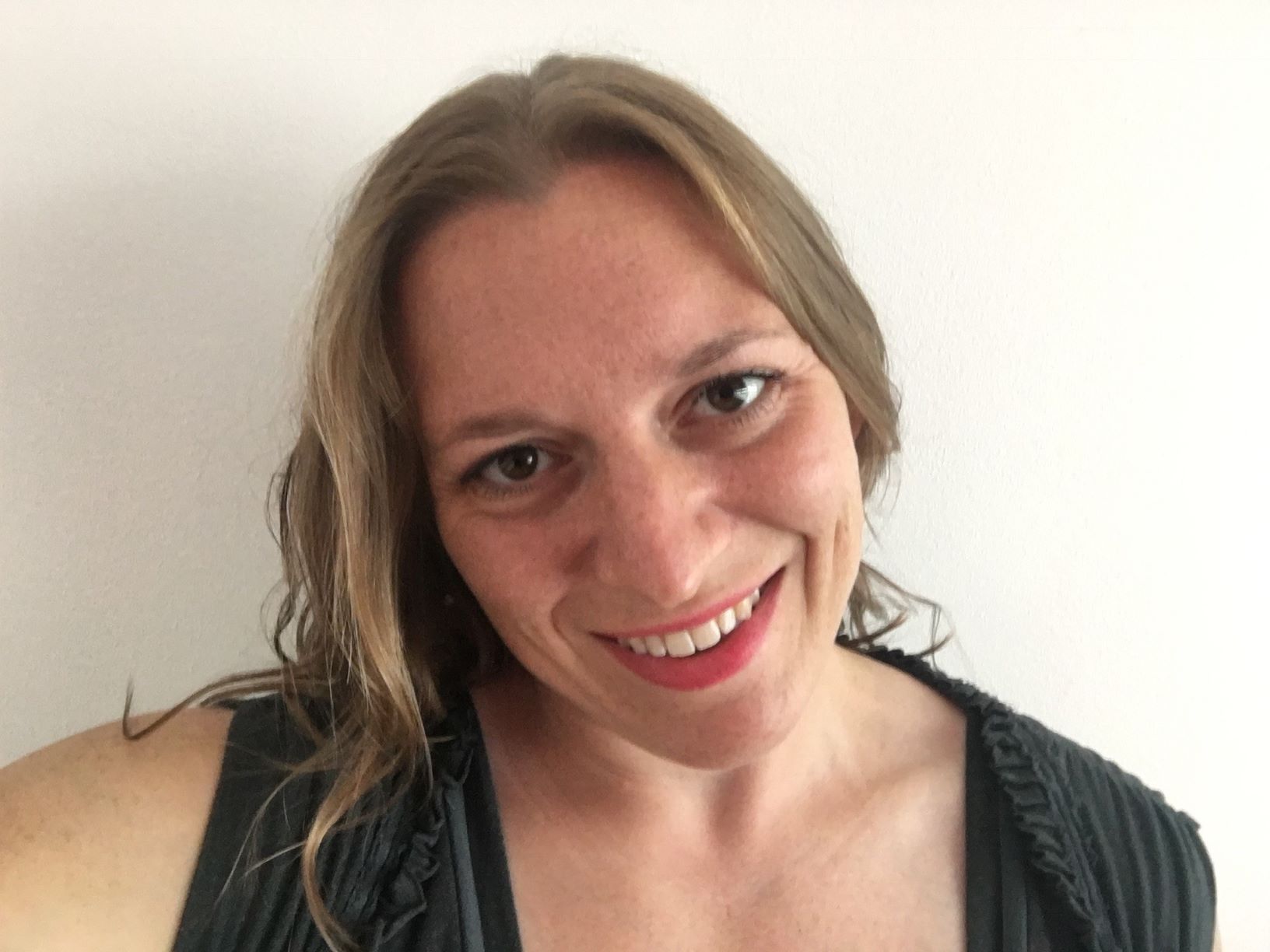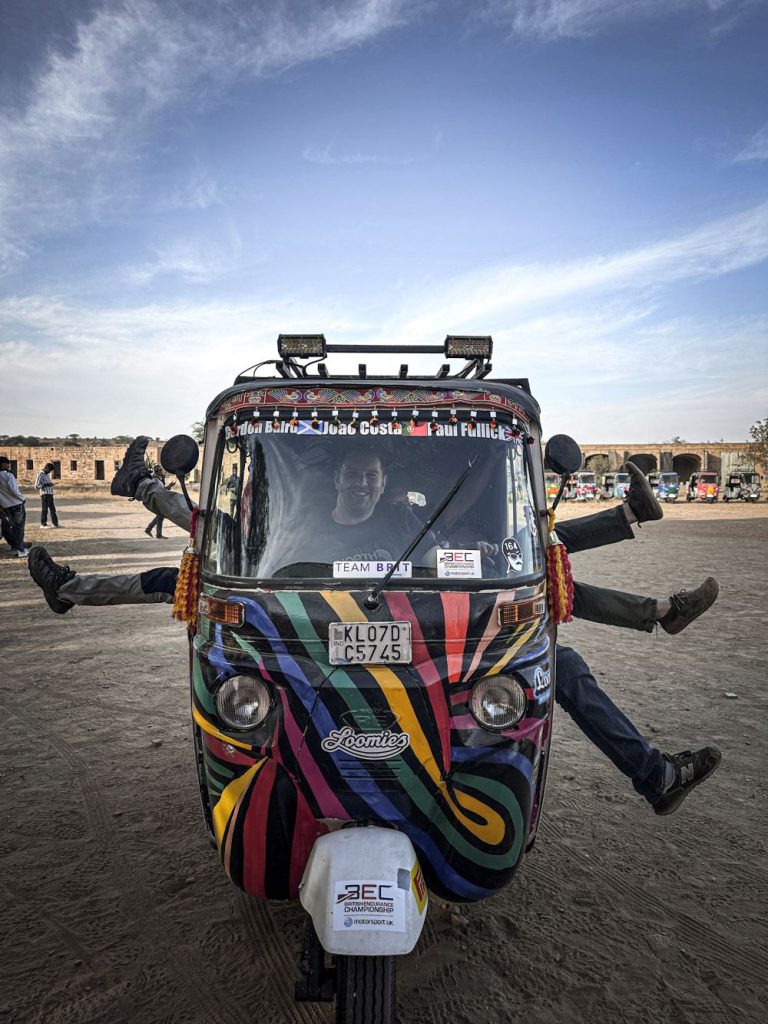As part of this year’s International Women’s Day, with a theme of ‘Choose to Challenge’, Team BRIT driver Nerys Pearce shares her experiences of challenging perceptions and what the idea of challenge means to her.
“A lot of people look at my story now and assume that the idea of challenging myself stems from my identity as a disabled person. That couldn’t be further from the truth.
“I’ve always had experience of people making assumptions or holding beliefs that don’t necessarily align with my world. I grew up with a mother who is blind, so we heard a lot of opinions around how irresponsible it was for her to even have children, questioning how she would cope, wondering if we’d be taken into care. This is completely alien to me, she’s a disabled woman with a career and with children and she’s my mum.
“For as long as I can remember I’ve been looking to challenge myself, which has always been about stretching my own limitations not other people’s. I don’t think I set out to change people’s perceptions, it just happens by the things I choose to do.
“Joining the army as a woman is one of the biggest examples of this. The units I chose to work alongside, guys training for the frontline, special forces, were all male dominated. For me, this wasn’t an issue, I just wanted to work in these areas; I wanted to run up mountains with loads of kit on my back. I was being me and doing what I loved. There was a lot of banter about this when I started, most of it light-hearted, but when my colleagues saw what I could offer and that I made their lives better by what I contributed, I was just one of the team.
“One of the most bizarre stereotypes I think we have to face as women, is the constant pressure and expectation to plan your life around children. When I told people I was joining the army or that I was off on adventure trips or downhill skiing, they would ask “oh, don’t you want to have children?” I’m not sure where it says that a career or adventurous passions means you can’t also be a mother, but it seems an automatic assumption that people make.
“After my accident I went through an awful period of depression, but when I came out the other side, with the help of Blesma, taking on sporting challenges soon became my focus. It’s still about challenging myself, and if I happen to inspire or challenge other people along the way, then that’s incredible. I understand that what I do, whether it’s attempting to swim the Channel without the use of my legs, or training to be a racing driver with no racing experience, will raise eyebrows and challenge perceptions but that’s a good thing. Hopefully it changes someone who feels they can’t, into someone who knows they can.
“I don’t consider myself to be a feminist when it comes to women’s rights, but I passionately believe in equality. I want everyone to be treated fairly whether they’re a black woman, a gay man or a disabled child. International Women’s Day, Disability Awareness Month, Black History Month, these are all times at which the spotlight is placed on equality issues which is great, but for me it’s about the need for a shared commitment to these values, all the time.
“There are many things I’d choose to challenge now. It makes no sense that I have to book a train 48 hours in advance when everything I need to help me board is always there. I shouldn’t be turning up to hotels where I’ve booked an accessible room to find steps I can’t get my wheelchair over or bathroom doors that are too narrow for my chair to fit through. I also shouldn’t have to wheel in the road when I leave my house because pavements are so badly maintained and kerbs are too steep.
“I want to challenge people’s unconscious biases. Every day when I’m out on a 10 mile journey with my dog, I’m approached by someone with a comment to make, congratulating me on being out on my own, questioning whether I’m wrapped up warm enough, or about being careful on a hill. Generally, people don’t impose these biases on able-bodied people and wouldn’t dream of approaching a stranger in that way but for some reason it’s deemed acceptable for disabled people.
“I want to challenge our society on why it has taken a pandemic to open up some of the world to me and for my disability to become invisible. My meetings and presentations are now held online so no one has an automatic opinion on my inability to do something. It’s such a breath of fresh air to meet someone, and all they see is my face and hear my spoken word. My prescriptions are now delivered to so I don’t have to battle with parking at my local pharmacy and I can access events and food deliveries that were never available before. Surely we have to challenge whether we’re happy to go back to the level of inaccessibility that was accepted before lockdown.
“Finally, I want to challenge how people see women in racing. Personally, I feel part of the team at every race and I don’t feel any different to my teammates but it’s clear I’m viewed differently in the paddock. Just looking around at each event, 90% or more of the people there are male, from the drivers to the mechanics and the spectators. Our team is no exception in this – I’m the only female driver the team has had in its 6 year history.
“I know I’m not going to change anything overnight and perhaps there is just something about motor racing that appeals to men more than women, but if there’s even a slight doubt in any woman’s mind that they wouldn’t be accepted or they couldn’t do it because they’re female, I hope my story changes that.”



